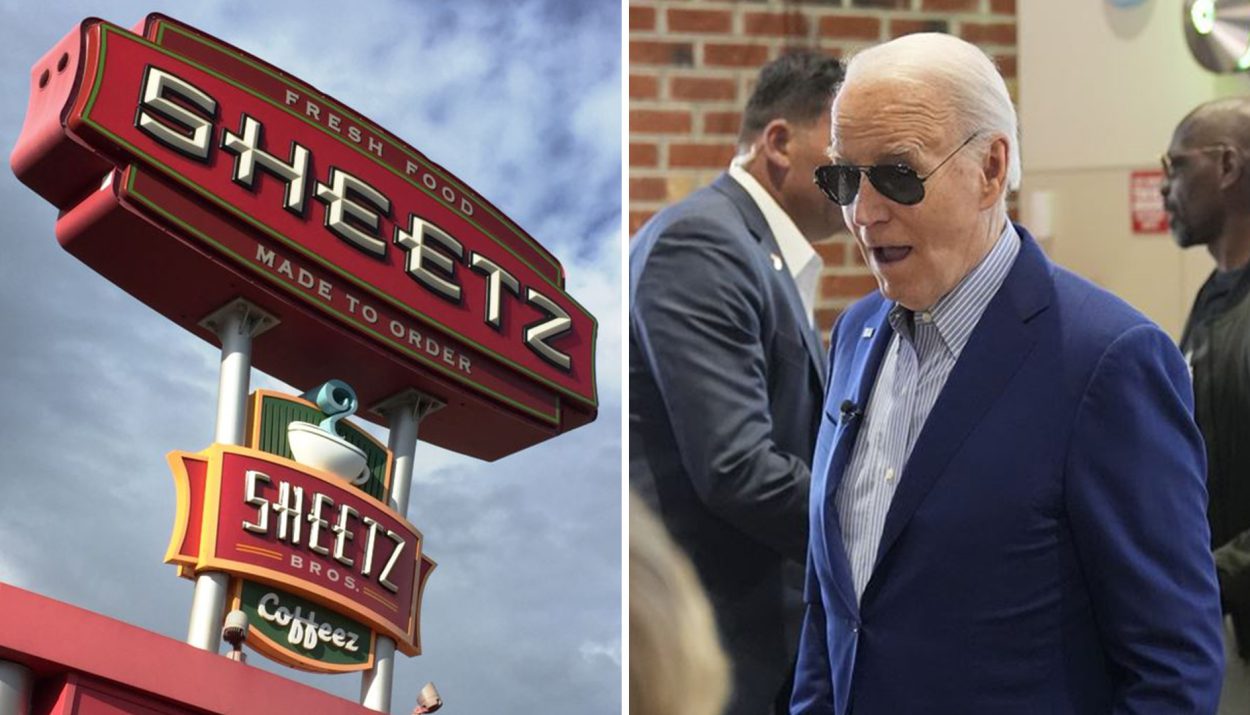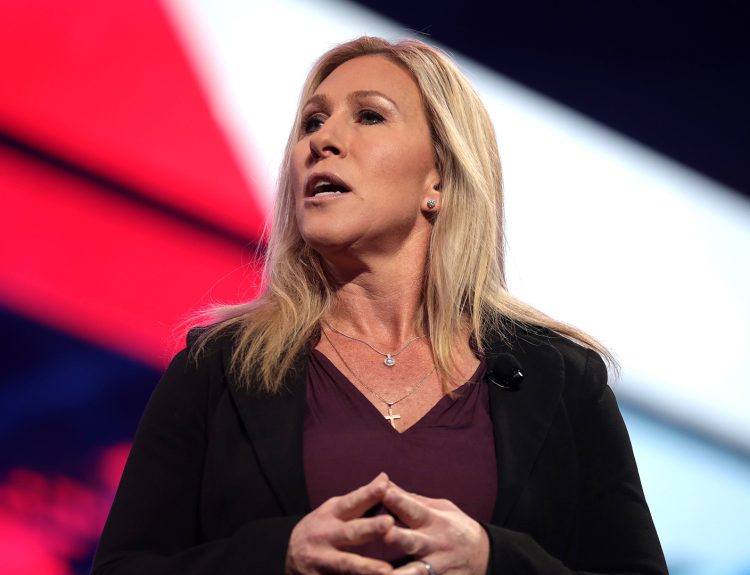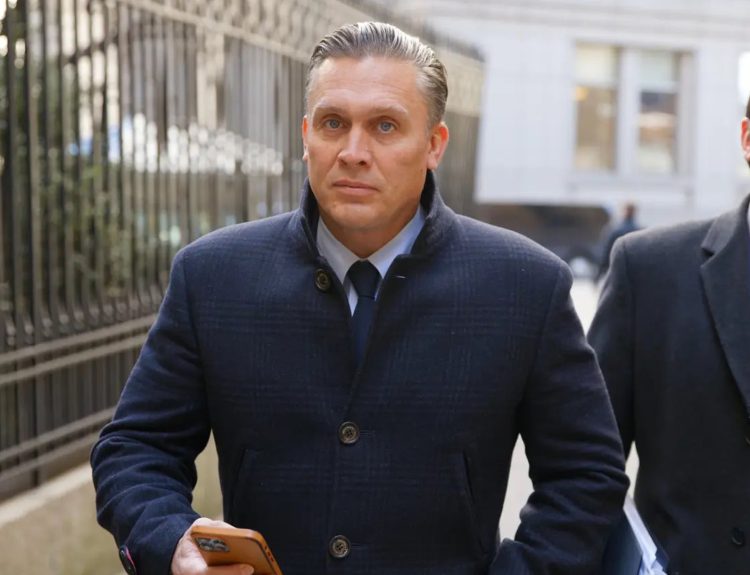In a surprising turn of events, the Biden administration has filed a lawsuit against Sheetz, a Pennsylvania-based convenience store chain, alleging racial discrimination in their hiring practices. The twist? President Biden made a campaign stop at one of their Pittsburgh locations on the same day the lawsuit was filed.
EEOC Accuses Sheetz of Discriminatory Hiring Practices
The Equal Employment Opportunity Commission (EEOC) has taken legal action against Sheetz, claiming that the company’s criminal background checks unfairly discriminated against minority applicants. According to the lawsuit, Sheetz’s system for weeding out applicants based on failed background checks had a disproportionate impact on Native American, Black, and multiracial jobseekers.
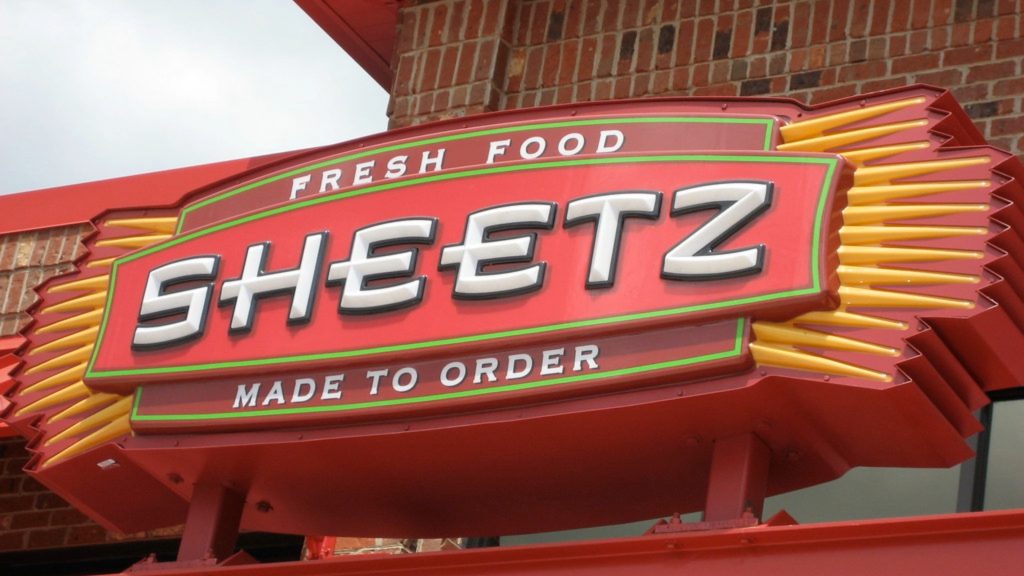
While the lawsuit does not allege intentional discrimination, it argues that Sheetz’s practices violated the law. The EEOC’s data shows that 14.5% of Black applicants were denied employment due to failed background checks, compared to less than 8% of white applicants.
Biden’s Awkward Timing: Campaign Stop Coincides with Lawsuit
President Biden found himself in an awkward situation when he cheerfully stopped by a Pittsburgh Sheetz location on Wednesday, the same day his administration filed the discrimination lawsuit against the company. The President’s visit, likely planned before the lawsuit, was part of his ongoing campaign trail.
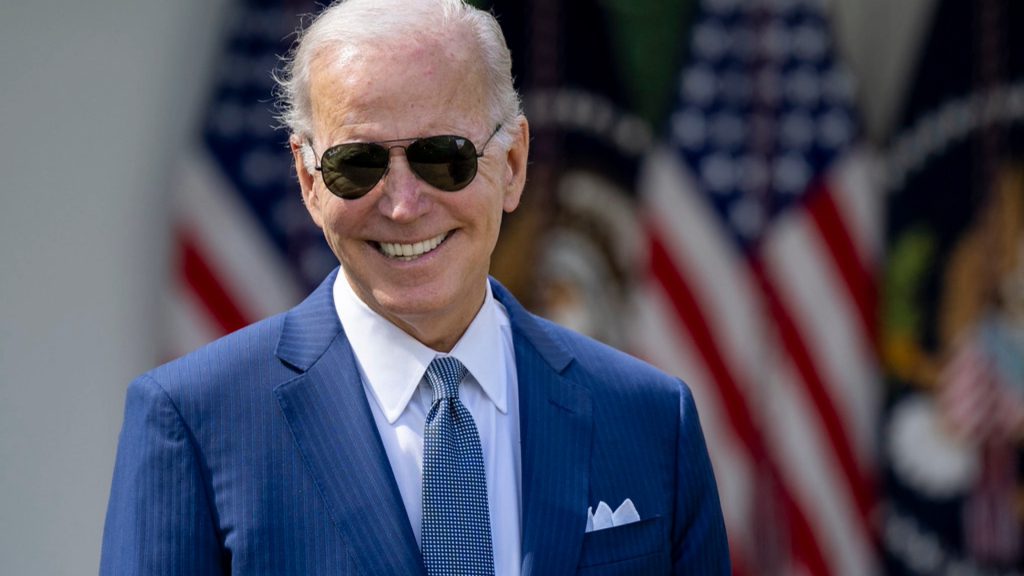
The timing of the lawsuit and Biden’s campaign stop has raised eyebrows, with some questioning the administration’s coordination and communication. The President’s appearance at Sheetz while his administration takes legal action against the company has created an unusual juxtaposition.
Trump’s Bodega Visit: A Contrast to Biden’s Sheetz Stop
Just a day before Biden’s Sheetz visit, former President Donald Trump made a stop at a New York City bodega. The contrasting visits by the two political figures have sparked discussions about their campaign strategies and engagement with local businesses.
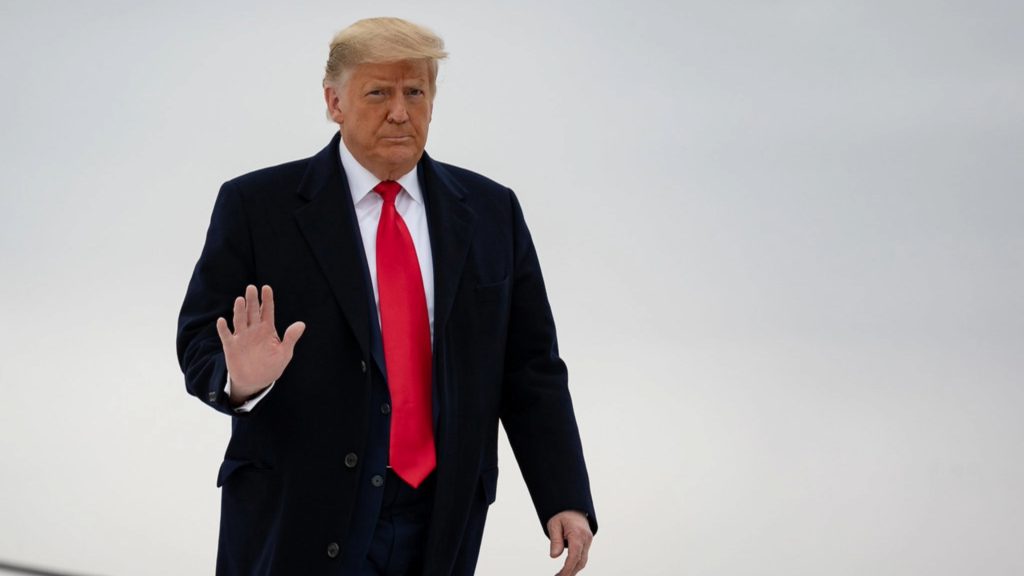
While Trump’s bodega visit was met with curiosity and speculation, Biden’s Sheetz stop has been overshadowed by the discrimination lawsuit. The timing of these visits has added an extra layer of intrigue to the already contentious legal battle.
EEOC Argues Sheetz’s Practices Violate Federal Law
EEOC attorney Debra M. Lawrence has stated that federal law requires employers to demonstrate that employment practices causing disparate impact based on race or other protected classifications are necessary for safe and efficient job performance. Even when such necessity is proven, the practice remains unlawful if an alternative, less discriminatory practice is available.

The EEOC’s argument puts pressure on Sheetz to justify its background check practices and explore alternative methods that minimize discriminatory effects. The lawsuit aims to hold the company accountable for its alleged violations of federal law.
Sheetz Denies Discrimination Allegations, Emphasizes Diversity
In response to the lawsuit, Sheetz has firmly denied the allegations of discrimination. The company’s spokesperson, Nick Ruffner, stated that Sheetz “does not tolerate discrimination of any kind” and that diversity and inclusion are essential parts of its identity.
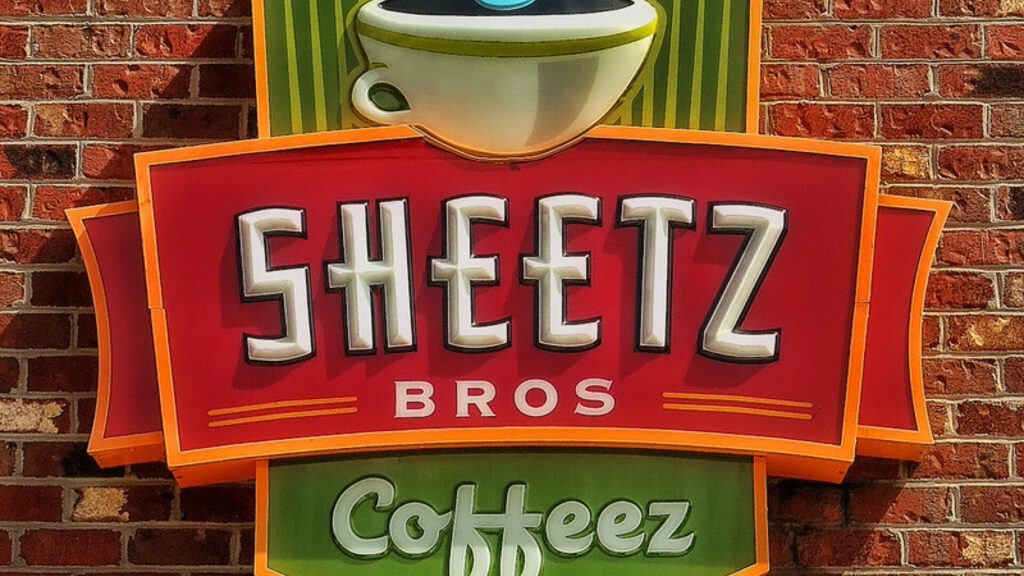
Ruffner also mentioned that Sheetz takes the allegations seriously and has attempted to work with the EEOC for nearly eight years to find common ground and resolve the dispute. The company’s statement emphasizes its commitment to creating an inclusive workplace.
The Importance of Fair Hiring Practices in the Retail Industry
The lawsuit against Sheetz highlights the critical importance of fair hiring practices in the retail industry. As one of the largest employers in the United States, the retail sector has a significant impact on job opportunities for diverse communities.
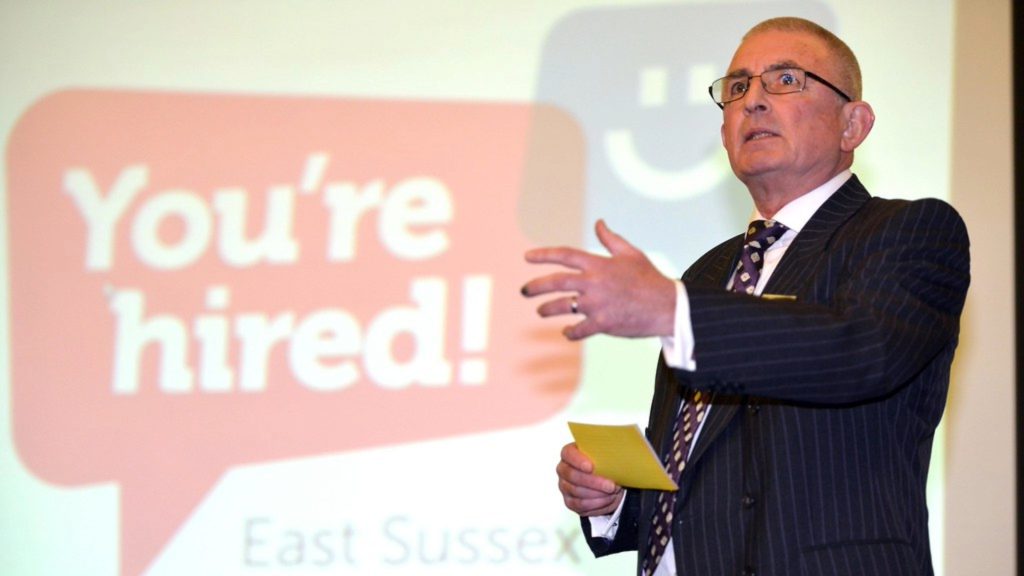
Discriminatory hiring practices, whether intentional or not, can perpetuate systemic inequalities and limit access to employment for marginalized groups. The EEOC’s action against Sheetz serves as a reminder for all retail companies to evaluate their hiring processes and ensure compliance with federal anti-discrimination laws.
The Potential Impact on Sheetz’s Reputation and Business
As the lawsuit against Sheetz unfolds, the company faces potential reputational and business consequences. The allegations of discrimination may impact consumer perception and loyalty, especially among communities affected by the alleged hiring practices.
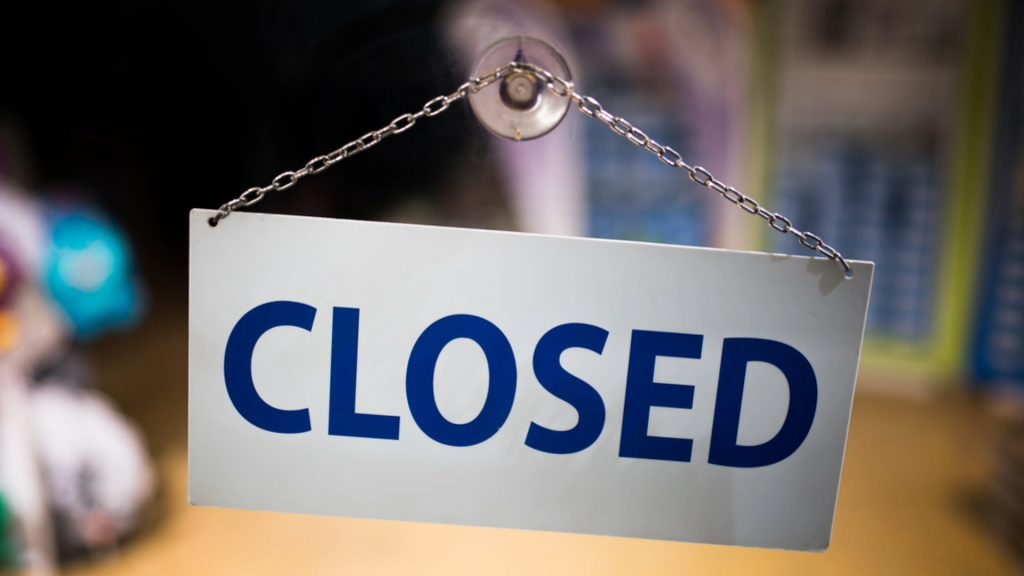
Sheetz will need to navigate the legal battle while simultaneously working to maintain customer trust and demonstrate its commitment to diversity and inclusion. The outcome of the lawsuit and Sheetz’s response will likely shape the company’s future reputation and success.
The Role of Criminal Background Checks in Hiring Decisions
The Sheetz lawsuit also brings attention to the complex issue of using criminal background checks in hiring decisions. While employers have a legitimate interest in ensuring a safe and trustworthy workforce, the EEOC argues that such checks must be applied fairly and without disparate impact on protected groups.
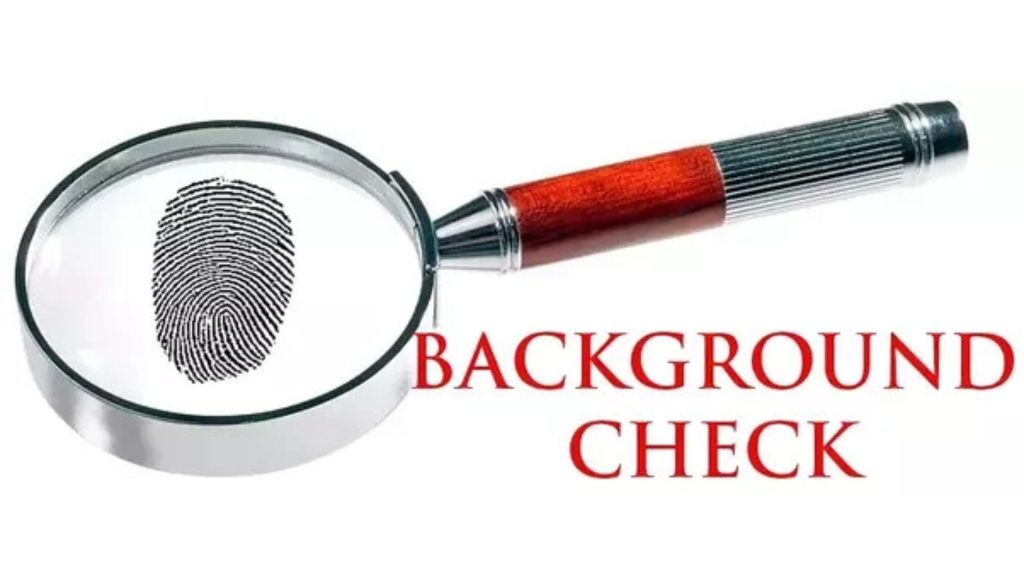
Employers must carefully consider the relevance of criminal history to specific job requirements and explore alternative methods of assessing candidate suitability. Striking a balance between safety concerns and equal opportunity is crucial in creating a just and inclusive workforce.
The Need for Continued Efforts in Addressing Workplace Discrimination
The Sheetz lawsuit serves as a reminder that despite progress in recent years, workplace discrimination remains a pervasive issue. The EEOC’s action demonstrates the ongoing need for vigilance and proactive measures to identify and address discriminatory practices.

Employers across all industries must prioritize diversity, equity, and inclusion initiatives to create a level playing field for all job applicants and employees. Collaborative efforts between companies, government agencies, and advocacy groups are essential in promoting fair hiring practices and fostering inclusive workplaces.
The Potential Ripple Effects on the Convenience Store Industry
As a prominent player in the convenience store industry, the lawsuit against Sheetz may have ripple effects on other companies in the sector. The case may prompt other convenience store chains to review their hiring practices and take steps to ensure compliance with anti-discrimination laws.
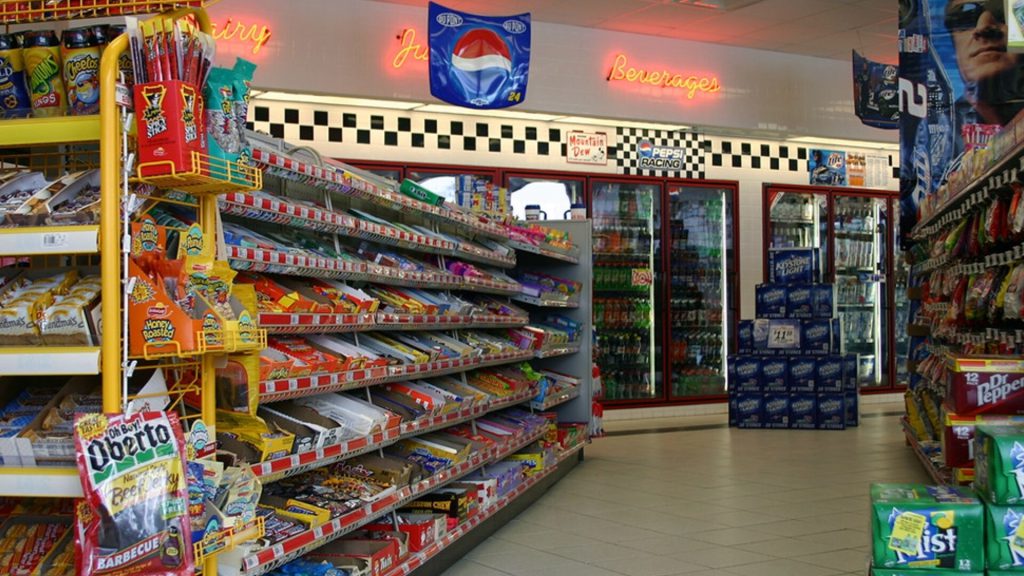
The industry as a whole may face increased scrutiny and pressure to demonstrate a commitment to diversity and inclusion. Collaborations and industry-wide initiatives to promote fair hiring practices could emerge as a result of the Sheetz case.
The Importance of Transparent and Consistent Hiring Policies
The Sheetz lawsuit underscores the importance of having transparent and consistent hiring policies that align with federal anti-discrimination laws. Companies must ensure that their hiring criteria are job-related, necessary, and applied equally to all applicants.
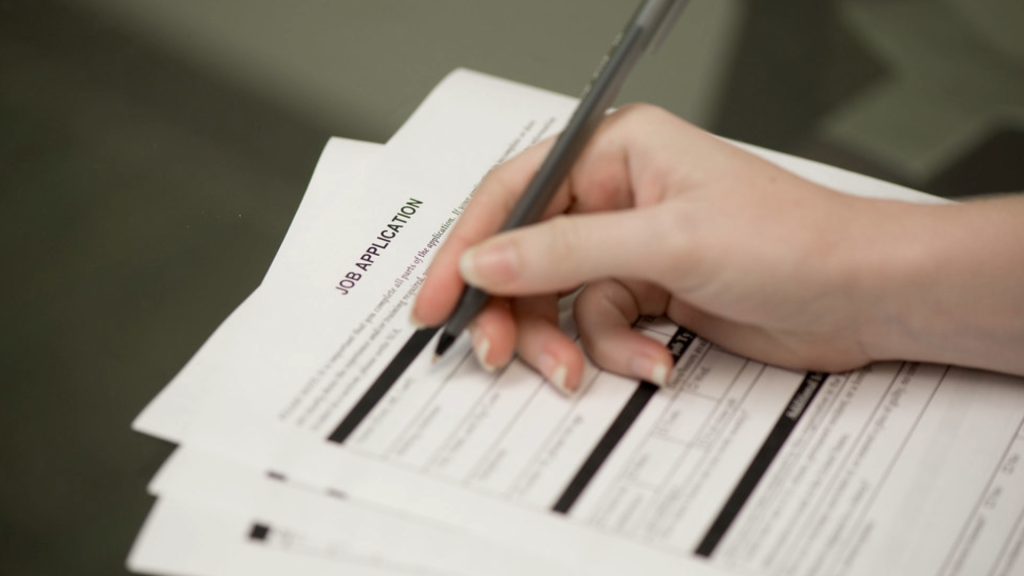
Regular audits and reviews of hiring practices can help identify potential disparities and areas for improvement. Transparency in hiring processes and clear communication of selection criteria can help build trust and confidence among job applicants and the wider community.
The Role of Training and Education in Promoting Fair Hiring
To prevent discriminatory hiring practices, companies must invest in training and education for their human resources teams and hiring managers. Comprehensive training programs should cover anti-discrimination laws, implicit bias, and best practices for fair and inclusive hiring.

By equipping decision-makers with the knowledge and skills to make unbiased hiring decisions, companies can proactively mitigate the risk of discrimination and create a more diverse and inclusive workforce.
The Importance of Collaboration and Dialogue in Resolving Disputes
The Sheetz case highlights the importance of collaboration and dialogue in resolving workplace discrimination disputes. Sheetz’s spokesperson mentioned that the company has attempted to work with the EEOC for nearly eight years to find common ground.
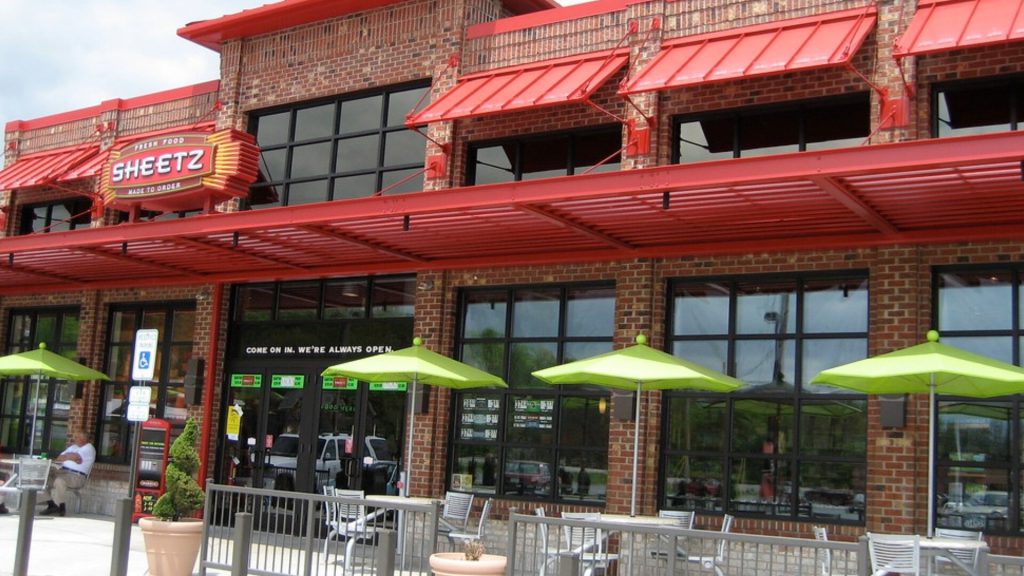
While litigation is sometimes necessary, open communication and a willingness to find mutually agreeable solutions can often lead to more constructive outcomes. Employers and government agencies should prioritize collaboration and dialogue to address discrimination concerns and promote fair hiring practices.

